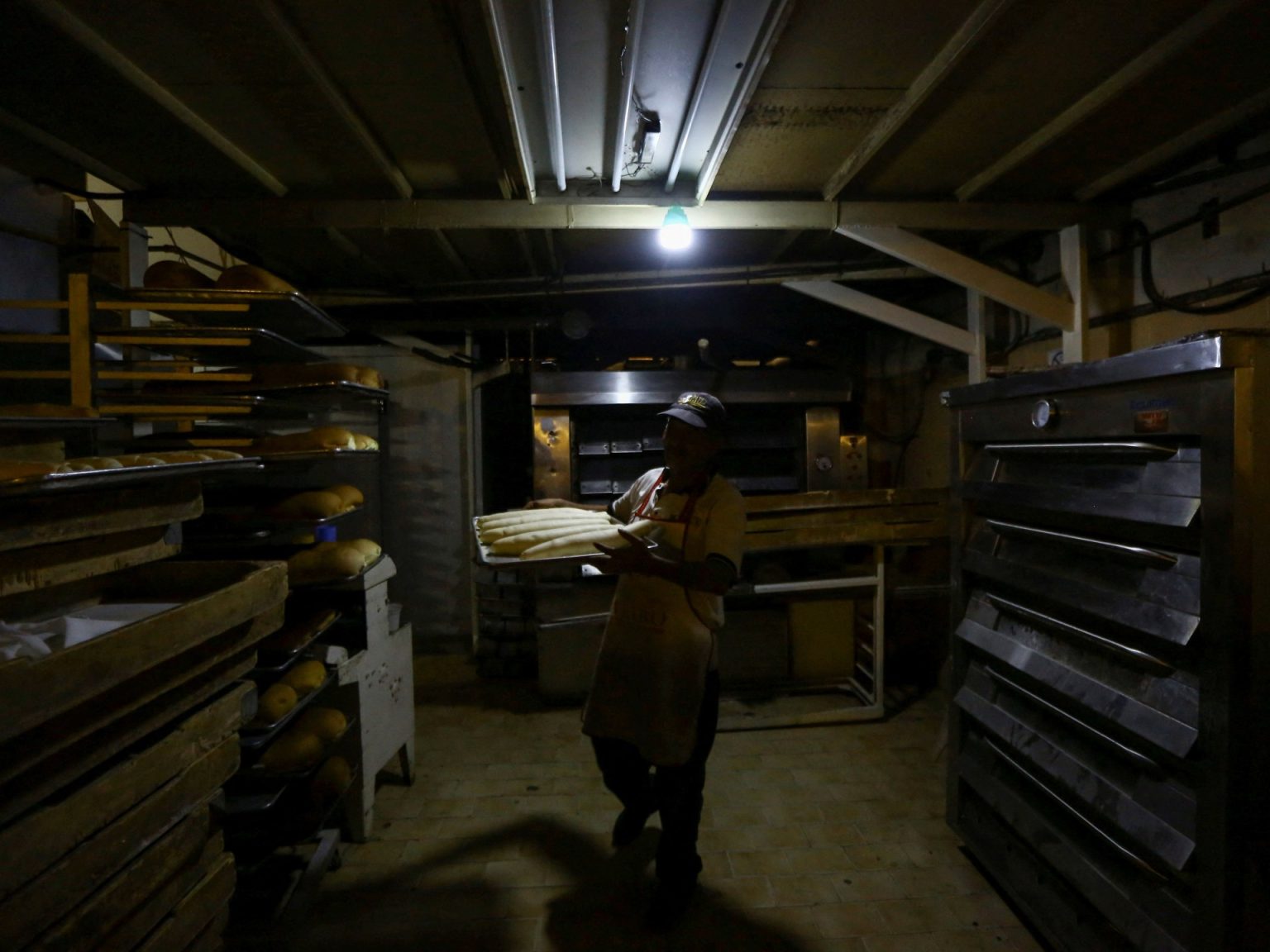The government of Nicolas Maduro in Venezuela has blamed sabotage for the nationwide power outages that have left much of the country without electricity. President Maduro has frequently attributed blackouts to the opposition, with whom he is currently in dispute over the outcome of a presidential election that took place on July 28. Communications Minister Freddy Nanez reported that an electrical sabotage occurred at around 4:40am on August 30, affecting almost the entire national territory. By early afternoon that day, power had begun to return to some parts of Caracas, Maracaibo, Valencia, and Puerto Ordaz, with Interior Minister Diosdado Cabello stating that power would gradually be restored nationally.
Residents of Venezuela were preparing for the worst as the power outages continued, with some stocking up on fuel and food supplies. Many remembered the country’s worst power outage in March 2019, which lasted several days and was also attributed to attacks on the network by saboteurs and opponents of the government. Nanez referred to Friday’s outage as a new electrical sabotage and emphasized the government’s efforts to recover the national electric system since the 2019 blackout. He also mentioned the implementation of anti-coup protocols in response to the recent election results, which have been widely disputed by both the government and the opposition.
The government and opposition in Venezuela both claim victory in the recent presidential election, with Maduro being supported by the electoral authority and Supreme Court. However, full vote tallies have not been released despite international pressure to do so. The Attorney General has been investigating opposition figures, including former presidential candidate Edmundo Gonzalez and opposition leader Maria Corina Machado, for incitement and other crimes related to the election. Gonzalez has ignored multiple summons to testify regarding a website where the opposition posted alleged ballot box vote tallies showing a significant win for him. More than 27 people have been killed and nearly 200 others wounded in protest-related violence since the election, including two military personnel.
The blackout in Venezuela has caused concern among residents, who are anxious about the impact on their daily lives and the safety of their families. The lack of electricity has led to long lines at petrol stations and shortages of essential supplies, prompting some to travel outside their city to stock up on necessities. The government has been working to gradually restore power across the country, starting with major cities like Caracas. Despite the challenges posed by the power outages and ongoing political tensions, Venezuelans are demonstrating resilience and determination to cope with the situation until normalcy is restored.
The recurring power outages in Venezuela reflect the country’s ongoing political and economic crises, with the government and opposition locked in a power struggle that has led to widespread instability. The international community has been closely monitoring the situation in Venezuela, calling for transparency in the election process and peaceful resolution of disputes. As the country faces a new wave of challenges following the recent blackout, it is crucial for all stakeholders to prioritize dialogue and cooperation to address the underlying issues and pave the way for a more stable and prosperous future for Venezuela and its people.













